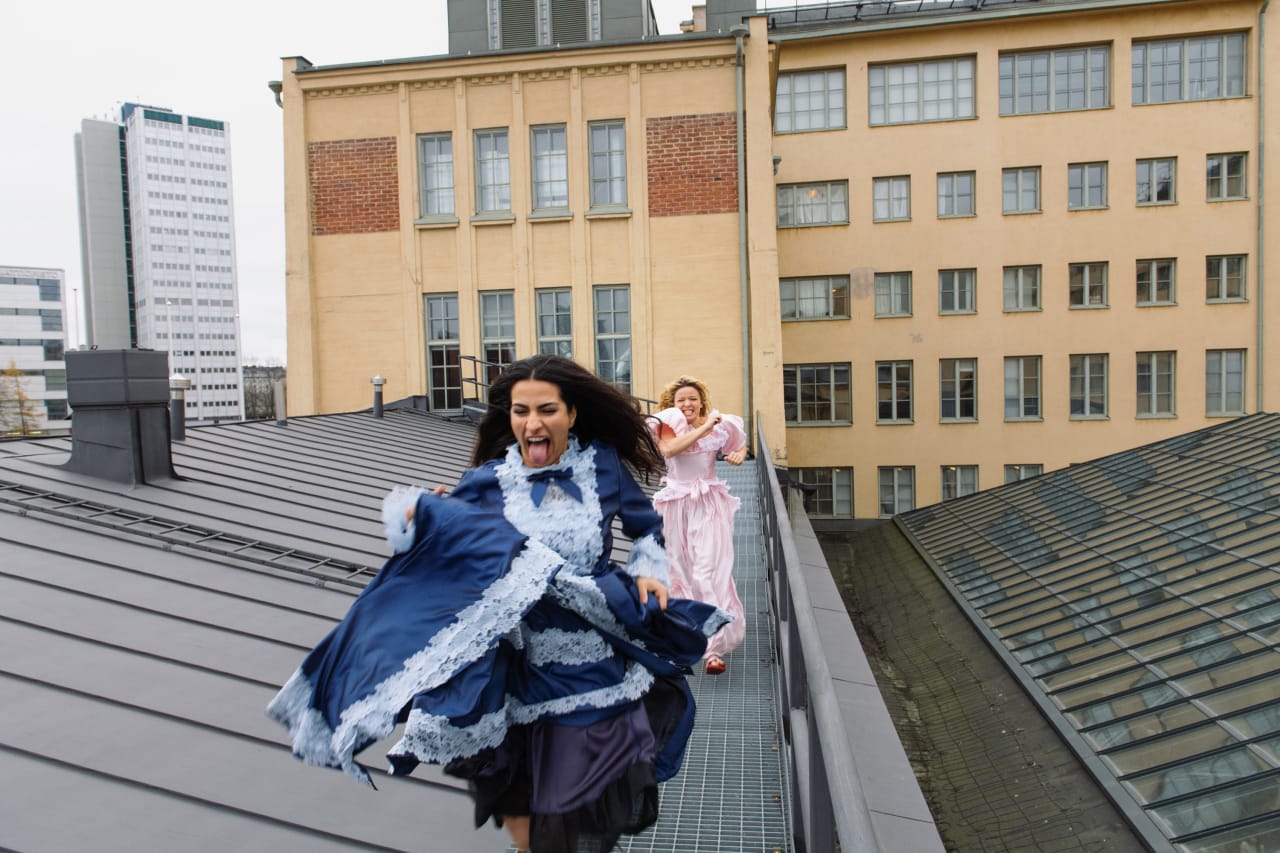
PhD of Artistic Research in Performing Arts
University of the Arts Helsinki

Key Information
Select location
Campus location
Helsinki, Finland
Languages
English, Finnish, Swedish
Study format
On-Campus
Duration
4 years
Pace
Full time
Tuition fees
Request info
Application deadline
Request info
Earliest start date
Jan 2025
* No tuition fees in the doctoral program.
Introduction
Why study here?
Doctoral studies at the Performing Arts Research Centre (Tutke) enable you to deepen your skills as an artist, researcher, pedagogue, and expert in all fields of Uniarts Helsinki’s Theatre Academy. We offer an inspiring research community, great international networks, and competent teachers. Artist-researchers develop and renew arts and engage in diverse and critical dialogue with various actors in society.
About the studies
Artist-researchers produce practice-based knowledge, expertise, and understanding that can be used and applied both in the arts and in other fields of society. Tutke’s doctoral students conduct multidisciplinary artistic research. Artistic and pedagogical practice is seen as a way of thinking and understanding, not as something that needs to be explained. Doctoral students learn to articulate, conceptualize, and theorize their practice-based artistic knowledge and questions that arise from it.
Teachers
Our teachers are some of the best experts in their respective fields. In addition to the permanent teaching staff, the program welcomes international top experts as guests on a regular basis.
Curriculum
Degree structure
Please visit the university website for information.
Program Outcome
Why study here?
Doctoral studies at the Performing Arts Research Centre (Tutke) enable you to deepen your skills as an artist, researcher, pedagogue, and expert in all fields of Uniarts Helsinki’s Theatre Academy. We offer an inspiring research community, great international networks, and competent teachers. Artist-researchers develop and renew arts and engage in diverse and critical dialogue with various actors in society.